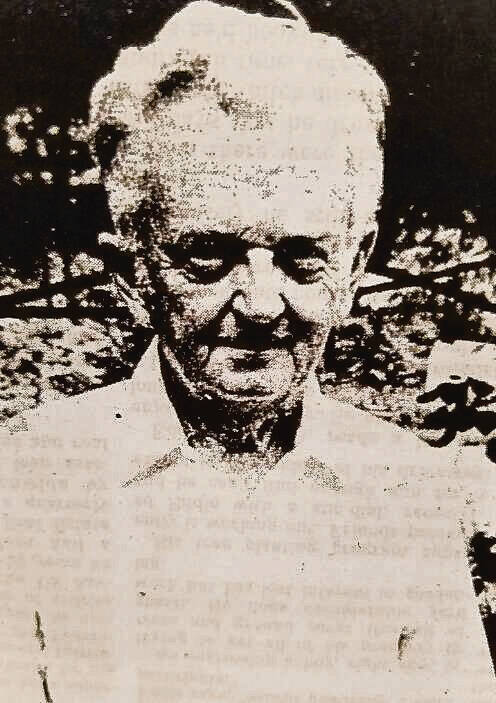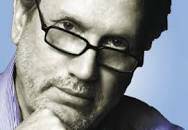The third and final part of the Eddie Edwards story picks up where the professor believes that in this nation, so long as we have freedom of choice, it’s impossible to predict cures for economic problems by simple theory, because our economy is too complex.
Eddie faults both political parties; the Democrats for “going overboard” on providing government cradle to the grave care, and the Republicans for having too little concern for the peoples’ needs and economic in justice.
We’re over regulated, he says, and have yet to accept the fact that only in an unregulated marketplace can we get quick reactions to change in supply and demand.
Regardless of what we do, some problems are not capable of solutions satisfactory to everyone, he adds. He staunchly defends old fashioned property rights, but a Mt. Nebo Ridge discussion prompts him to say that the public interest often requires personal sacrifice of some of those rights, “now that this country has more people than there are places.”
Even in Brown County, which he sees as a “last frontier of freedom.” Otherwise, he comments, Old Faithful could be surrounded by a Coney Island.
On employment: People who can’t contribute more than $1 or so an hour in terms of products or services can no longer be employed. Minimum wage laws say they must be paid more than they are worth. And, at the bottom, those persons who don’t work can make as much money as some people who do.
He feels that most people chronically out of work have not been qualified to earn a decent living, or they live in the wrong places to use what skills they have.
He deplores many federal standards being forced on inhabitants of places the Washington bureaucrats have never seen. And he was “angry” when the tax rebate was distributed recently, feeling that if some had gone to the desperate needy and the rest, for training some unemployables, we’d all be better off.
On the Vietnam war as a whipping boy for inflation-fighters: Increases in the defense spending have been almost insignificant as compared with the tremendous increases in expenditures for social services.
On the energy crisis: The US doesn’t produce enough of its own oil. And the producers won’t produce more if forced to lower prices. We must let their prices go up. If necessary, while new sources are explored and developed.
On crime: The more laws we have, the more lawbreakers we have that should be axiomatic.
On federal controls: We’ve gone a long way down the road from a free democratic society when a community can’t determine for itself how to handle physical education classes, separate for boys and girls, or otherwise.
On education: One can’t get a four-year education “for life.” It must be continued as discovered necessary. Our real educational problem from now on is not just the education of young people, but the education of everybody, in or as near as possible to their home communities.
Eddie has not been without some difficult times in his overall successful career. And he’s quick to admit that good intensions can sometimes only complicate an already poor situation.
Early in his married life he was despondent one evening because he and Louise had more creditors’ names in the hat than there were dollars in the bank.
In an effort to cheer up her husband, Louise plopped herself in his lap, cooed that “everything will be better soon,” gave him a big hug and squeeze — and broke Eddie’s expensive eyeglasses!
For those who might still believe a favorite story of Eddie’s that he met Louise when he was playing clarinet and she rattled a tambourine in a Salvation Army band — that’s pure fiction.
As Eddie explains that oft-told fabrication, “I’m a great believer in truth but, if you’re going to exaggerate, you’ve got to put your heart in it.”
The End.
Edward E. Edwards was a former Nashville resident, a director of the former Brown County Savings and Loan Association, a retired Indiana University professor and a recognized national authority on business finance. Eddie Edwards, 1908 – 1984, a Bloomfield, Ind. native.
Submitted by Pauline Hoover, Brown County Historical Society





